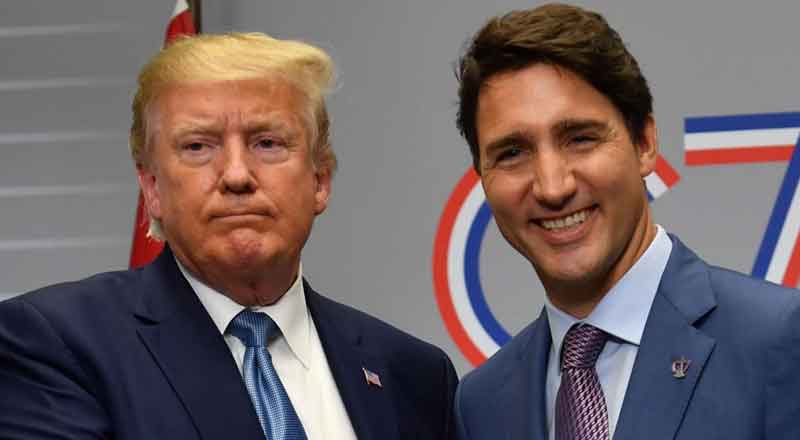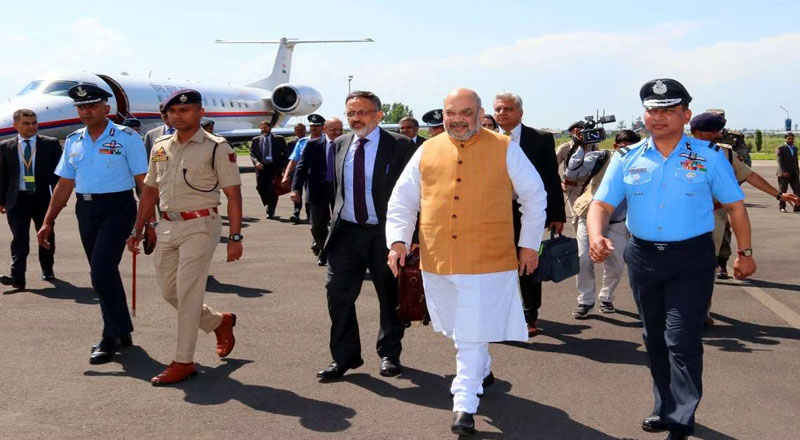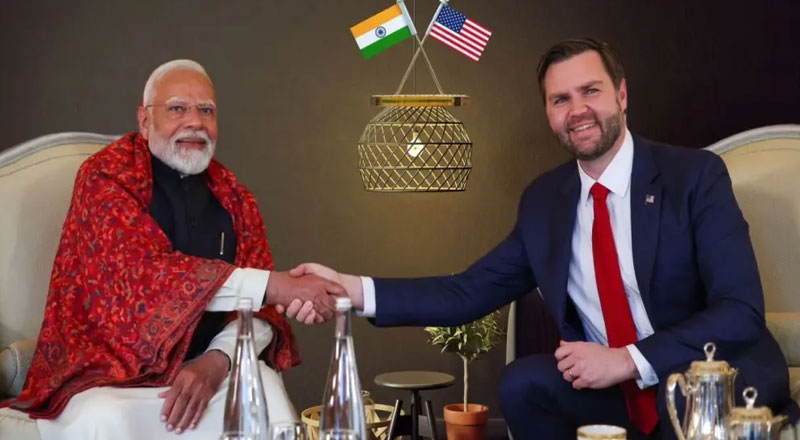The idea of a merger, however, is far from new. Over the years, political pundits and economists have speculated on the potential benefits and challenges of such a union. Trump’s suggestion reignites this conversation, albeit under a politically charged atmosphere.
Proponents of the merger argue that combining the resources, industries, and labor markets of both nations could lead to economic prosperity. Canada’s vast natural resources and the U.S.’s technological and military prowess could create a global superpower. However, critics warn that the cultural, political, and economic differences between the two countries could pose significant challenges.
“If Canada merged with the US, there would be no Tariffs, taxes would go way down, and they would be TOTALLY SECURE from the threat of the Russian and Chinese Ships that are constantly surrounding them,” posted re-elected President Trump on social media.
Political analysts view Trump’s statement as a strategic move to capitalize on Trudeau’s departure and assert his own vision for North American unity. Whether this idea gains traction or remains a provocative remark, Trudeau’s resignation marks a pivotal moment in Canada’s political landscape and its relationship with the U.S.
While Trump’s proposal adds an unexpected twist to the unfolding political narrative, for now, Canadians seem to focus on choosing their next leader.





